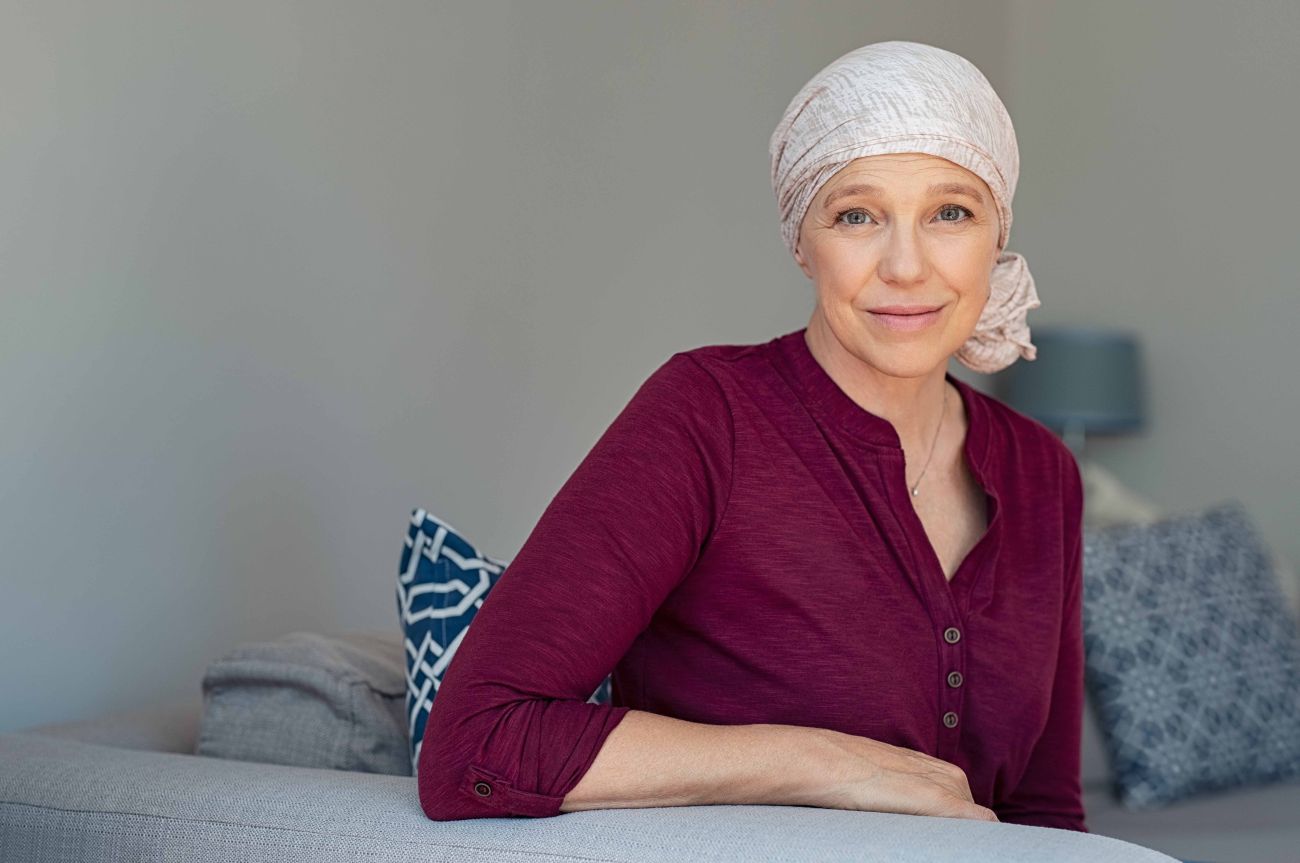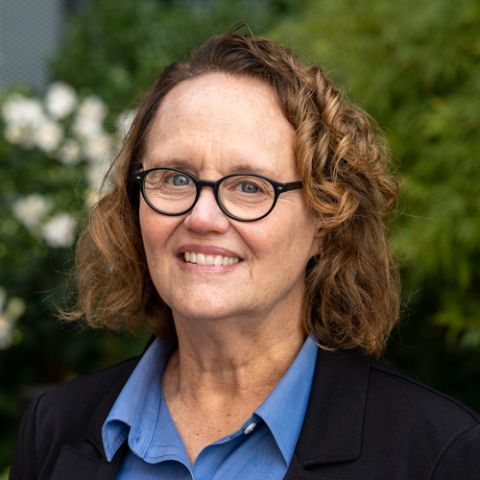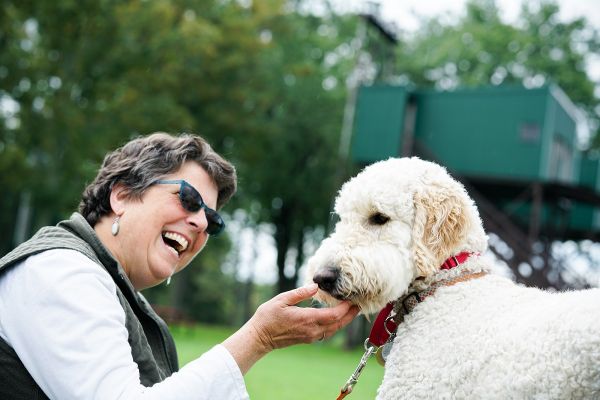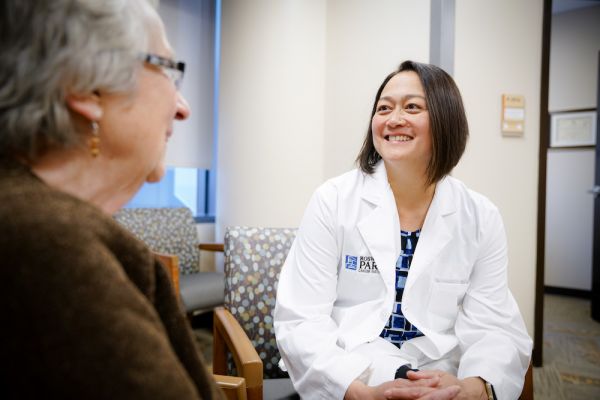What does it mean to be a cancer survivor? The answer isn’t as straightforward as you might think. The National Cancer Institute defines a person with cancer as a survivor from the time of diagnosis until the end of life.
However, that may be confusing to some newly diagnosed patients who have a long road of treatment ahead of them. “When you are fighting cancer, you don’t always feel like a survivor,” says Mary Reid, MSPH, PhD, Chief of Cancer Screening, Survivorship and Mentorship at Roswell Park Comprehensive Cancer Center.
“Operationally, in our Survivorship Center, you are a survivor when you have finished active treatment and are moving to a maintenance and surveillance phase of your care.”
Six years ago, Roswell Park integrated Survivorship services into post-treatment care, a program Dr. Reid developed. Her partner, Tessa Faye Flores, MD, Medical Director of Cancer Screening and Survivorship, runs the clinic, located in the Survivorship and Supportive Care Center inside the Scott Bieler Clinical Sciences Center. Roswell Park opened the one-stop-shop for cancer patients and survivors in March 2017.
“At Roswell Park, we focus our survivorship activities and treatments on getting the patients to a place where they feel they are starting to rehabilitate from cancer treatment,” adds Dr. Reid. “They begin to gain or lose weight, grow their hair back and the address nausea or pain.”
In what she describes as "serendipity," her husband, Stephen, was diagnosed with stage IV appendiceal cancer just as the Survivorship Center made its debut.
“It was like trial by fire. He took advantage of every service that we had, so I learned a lot from the caregiver’s point of view," says Dr. Reid.
Dr. Reid’s husband underwent extensive surgery and chemotherapy. Thankfully, he remains cancer-free today.
Roswell Park Survivorship Services
It's our goal to make life after cancer the best it can be as you learn to embrace a new normal.
Visit UsSurvivorship services: Providing a comprehensive, individualized assessment
During a patient’s first visit to the Survivorship and Supportive Care Center, they will fill out a quality-of-life assessment with 30 standard questions that have been validated by European Organization for Research and Treatment of Cancer (EORTC).
Oftentimes a patient discloses a symptom in a questionnaire that they will not articulate verbally, according to Dr. Reid.
“It is also really important for us to do a complete physical exam on each patient,” says Dr. Reid. “Depending on what type of cancer the patient has and their course of treatment, any number of issues need to be addressed.”
For example, chemotherapy and radiation adversely affect the condition of the teeth or cause an enlarged thyroid. If someone had part of their colon removed they may have an ostomy bag or chronic changes in their bowel habits.
Care extends beyond immediate medical needs to address the patient’s physical, emotional and spiritual needs.
“We have our own nutritionist, an acupuncturist and we work very closely with social work and psychology and physical therapy,” says Dr. Reid. “If you have ongoing limitations from surgery, we can get the patient help to address that problem.”
Moving forward: Survivorship care plan
A key component of a patient’s care is the survivorship care plan.
“We use a program to pull information from a patient’s medical record,” says Dr. Reid. “We compile that with information about which cancer you had and expected side effects based on how you were treated.”
The survivorship care plan is provided to a patient’s primary care physician. If issues arise down the line, the primary care physician can investigate whether the patient’s symptoms are related to previous cancer treatment and the patient needs to make an appointment to be seen at Roswell Park.
Post-Cancer: Maintaining quality of life
“A Victory Bell celebration allows a patient to say ‘I did it,’” says Dr. Reid. “When you finish that last round of chemotherapy, that’s a huge accomplishment.”
After that, it’s time for thoughtful consideration.
“We want patients to have the best quality of life post-cancer that they can,” says Dr. Reid, “So we ask them to consider, ‘what do I want the new version of my life to look like after cancer?’”
And Survivorship services at Roswell Park can help patients figure that out — regardless of whether they had their cancer treatment at Roswell Park.




